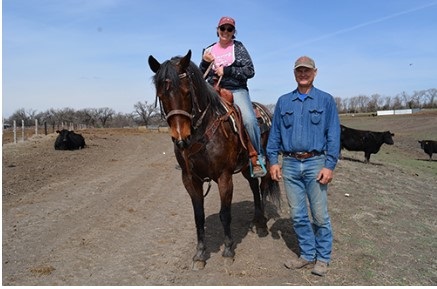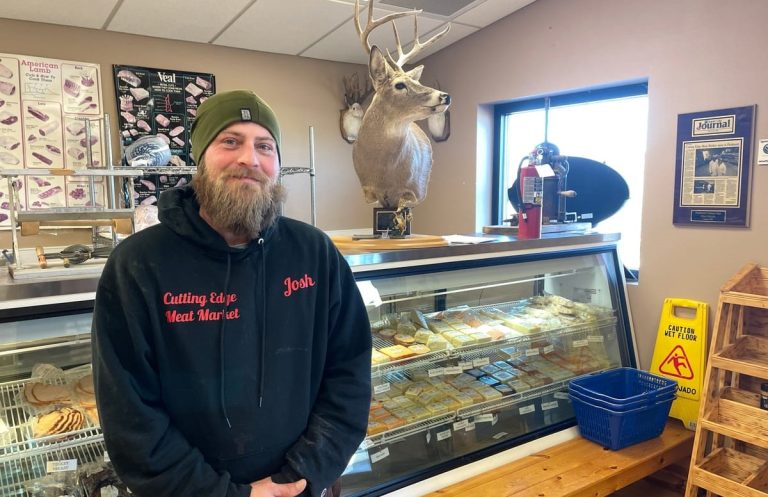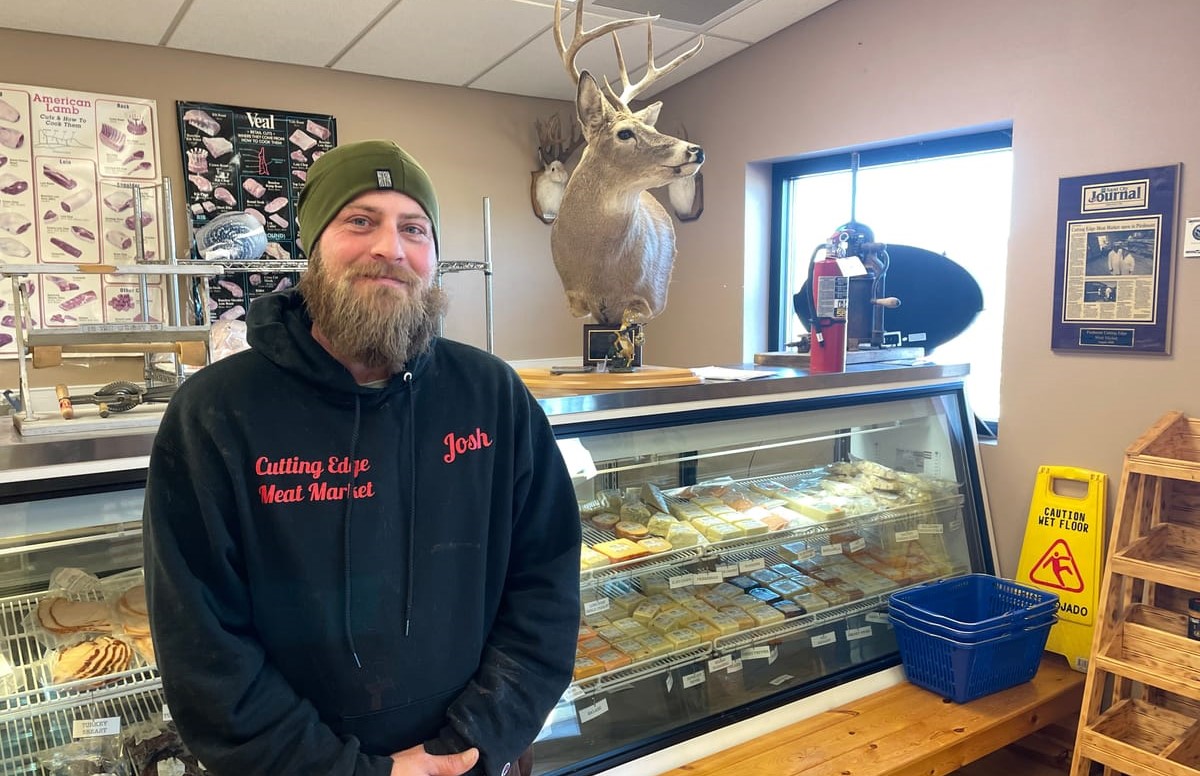The greenhouse gas is generated during the fermentation process and contributes to climate change when it’s released into the atmosphere.
 Summit Carbon Solutions’ project would gather carbon dioxide from at least 17 ethanol plants and pipe it to North Dakota where it would be injected into wells and stored underground.
Summit Carbon Solutions’ project would gather carbon dioxide from at least 17 ethanol plants and pipe it to North Dakota where it would be injected into wells and stored underground.
Ethanol plants in South Dakota, North Dakota, Minnesota and Iowa plan to participate.
The carbon dioxide would be compressed into liquid form at the ethanol plants where feeder pipelines would send it to a larger pipeline that would extend across the Upper Midwest to North Dakota, the Bismarck Tribune reported.
The project adds to a growing list of carbon capture and storage projects in North Dakota where extensive research has been done on the makeup of rocks as deep as 10,000 feet underground to find the ideal layer where carbon dioxide could stay buried forever.
That’s part of what attracted the company to the state, said Bruce Rastetter, CEO of Summit Agricultural Group, the parent of Summit Carbon Solutions.
“You have the geology formations,” he said.
Another factor that makes North Dakota an attractive option is the state’s authority to regulate the wells in which carbon dioxide would be injected. In 2018, it became the first state to assume that authority from the U.S. Environmental Protection Agency.
According to Summit, the project has the potential to capture and store up to 10 million tons of carbon dioxide per year, which it said would be equivalent to taking 2 million cars off the road.
Summit said construction of the project could take at least 16 months and that it would create 10,000 temporary jobs. It expects the project to be operational by 2024.
Summit is also exploring other options, including injecting the gas into depleted oil fields to boost oil production, Rastetter said.
A federal tax credit is helping bolster that process, known as enhanced oil recovery, as well as underground storage. Rastetter said Summit’s project wouldn’t be possible without it.












